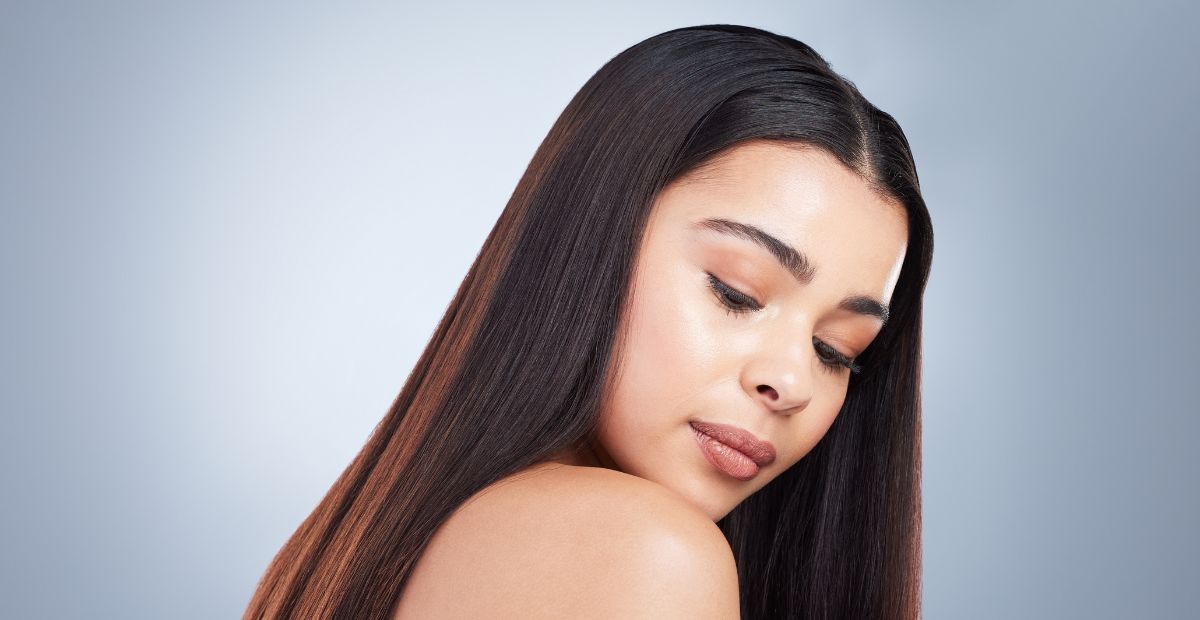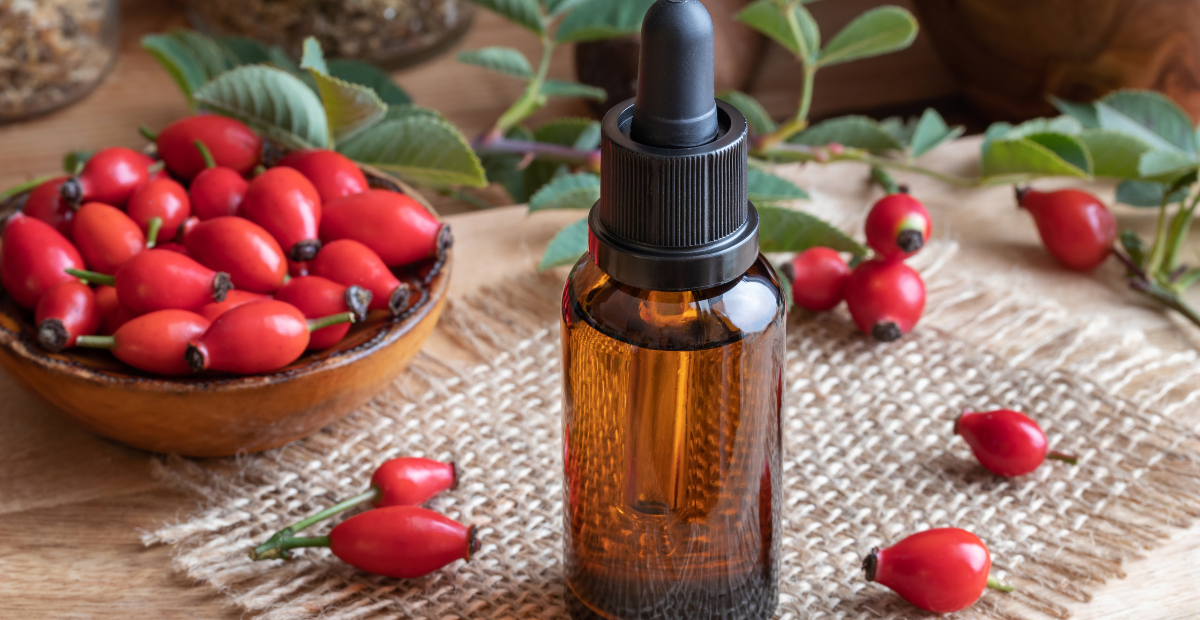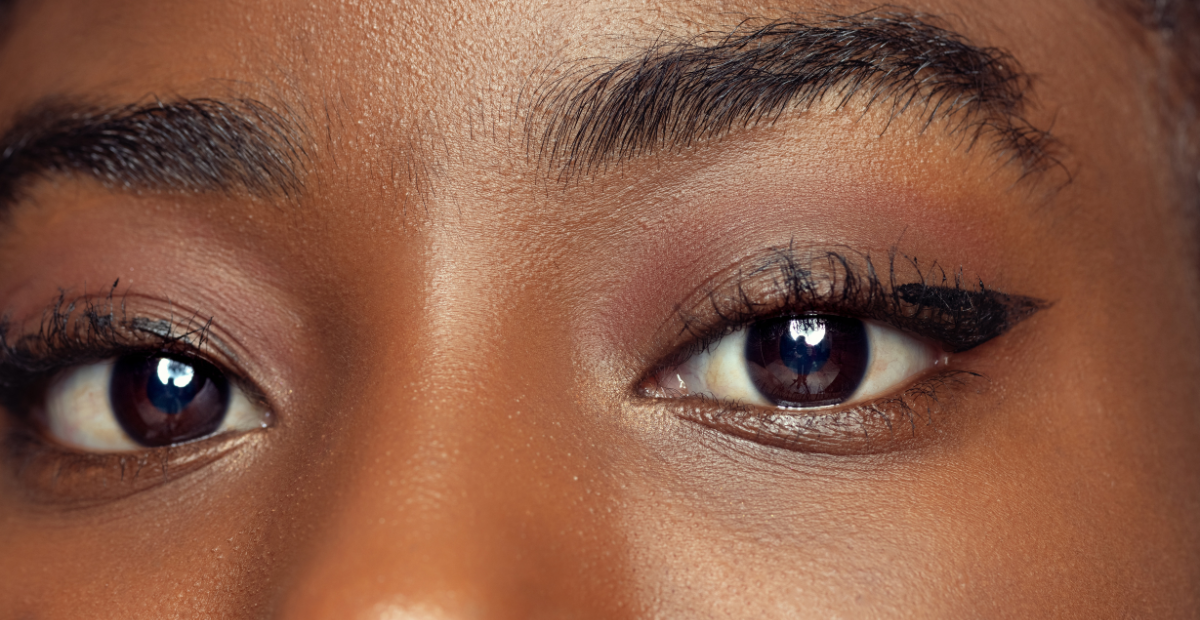Summer Skin Care Unveiled: Debunking Myths and Mastering the Essentials
Onskin Content Team
Your guides through the skincare chaos

Navigating summer skin care can be more perplexing than you might think! The sheer number of myths out there is staggering. Some believe that vitamin C and the sun don’t mix, while others are convinced that retinoids cause hyperpigmentation and sunburn. It’s time to clear the air! We’ll reveal which actives to avoid from May to September and highlight the must-haves for your summer skincare routine. Let’s set the record straight and keep your skin glowing all summer long!
Summer Skin Care Rule #1: Pump up Your Antioxidants
Summer is all about soaking up the sun and enjoying outdoor fun, but with more time outside comes increased UV exposure and pollutants that can accelerate oxidative stress and aging. That’s why giving your skin an antioxidant boost during this season is key to keeping it healthy and looking fresh.

Antioxidants like vitamins C and E neutralize free radicals, preventing damage and protecting your skin’s health. Vitamin C is especially crucial in summer because, in addition to its antioxidant properties, it’s necessary for collagen production, counteracting UV-induced collagen loss. Data shows that sun-damaged skin can have 20-30% less collagen compared to healthy skin! No other season makes it more important to support collagen replenishment.
THA: The Vitamin C Game Changer
If you’re sold on the idea of boosting vitamin C in summer, we’ve got amazing news for you! There’s a new player on the block that offers all the benefits of vitamin C without its usual flaws, like instability in formulas—meet tetrahexyldecyl ascorbate (THA)! This game-changing form of vitamin C is stable and fat-soluble, ensuring deeper penetration and greater effectiveness. Be sure to try THA products this summer!
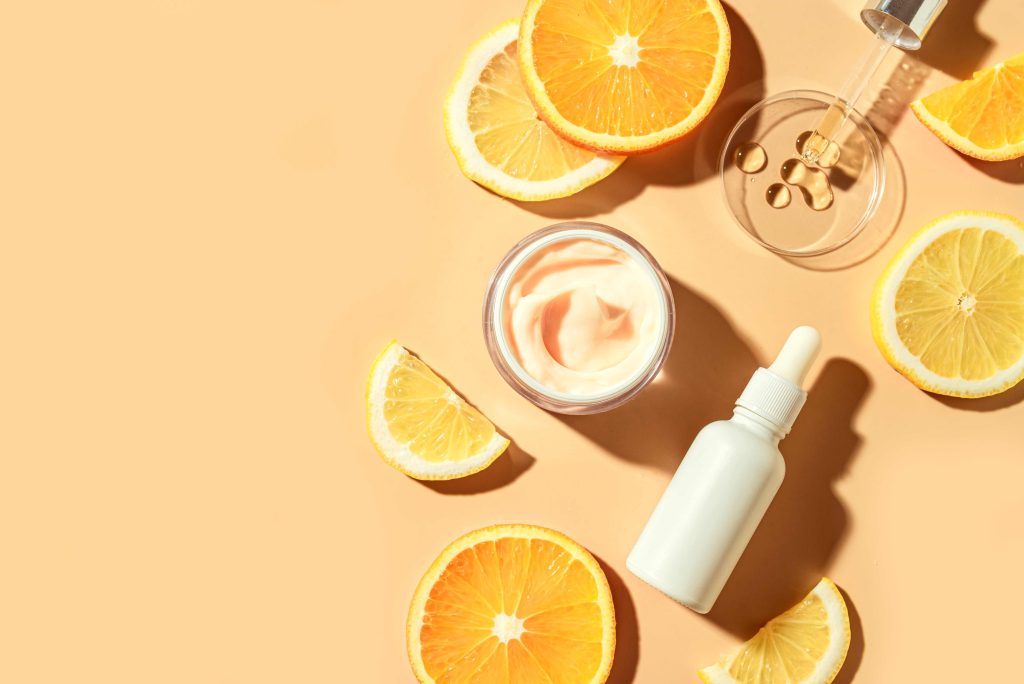
Quick Tip: THA or any other ingredient is much easier to find if you have a tech helper like OnSkin—just scan the barcode, and the app will break down the ingredient list for you—far quicker and easier than squinting at labels to find what you need.
Summer Skin Care Rule #2: Don’t Put Actives on Hold for No Good Reason
We all want to protect our skin, so when certain ingredients are deemed risky in summer, our knee-jerk reaction is to avoid them. But hitting pause on your actives can undo all your hard-earned progress, leaving you back at square one. While some ingredients should indeed be avoided during the summer months (we’ll cover those later), it’s crucial to distinguish myths from evidence-based advice. Let’s clear up the confusion and not make life harder than it needs to be.
Retinol in Summer Skincare 101
Many people think they need to stop using retinol in late spring and pick it back up in the fall, only to deal with the annoying redness, flakiness, and irritation that come with restarting. In doing so, they also miss out on the collagen-boosting and protective benefits of retinoids when their skin could really use them. It’s a hassle and a setback, if you ask us.
This common misconception stems from the belief that retinoids increase the risk of sunburn and hyperpigmentation. However, research spanning over seven decades has never confirmed this. In fact, retinoids may actually help reduce hyperpigmentation by inhibiting the melanin-producing enzyme tyrosinase.
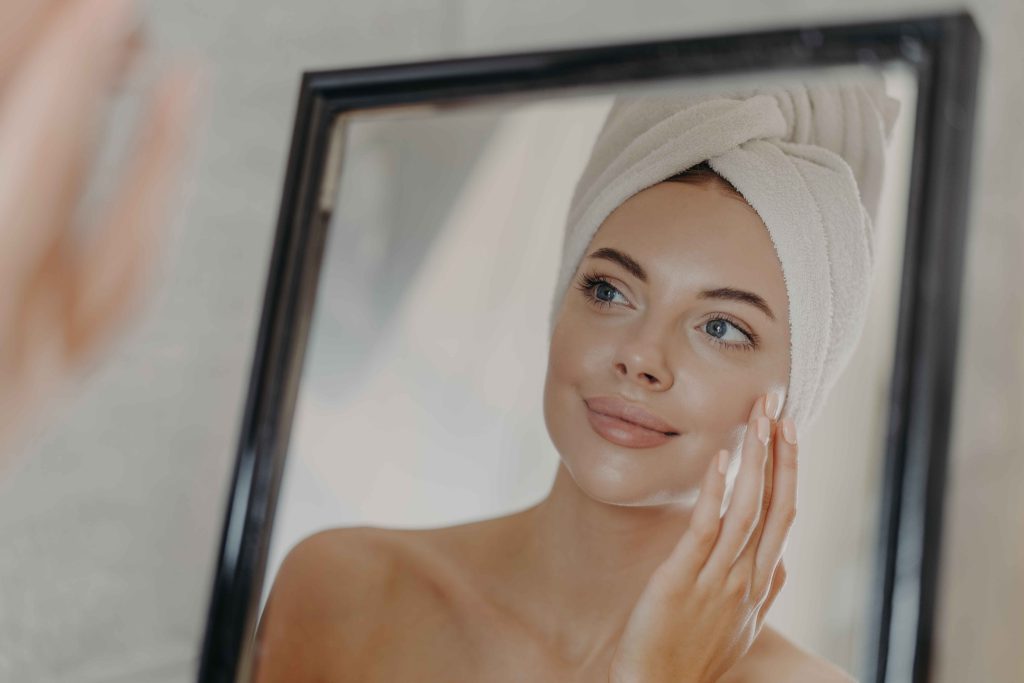
So, what’s the real deal with retinol in summer? It’s simple: retinoids are sensitive to UV light and break down in sunlight. That’s why it’s best to apply them after sunset to avoid wasting product. And, of course, proper sun protection is key to keeping that glow intact—though, let’s be honest, sunscreen is a must year-round, no matter what’s in your routine.
Summer Skin Care Rule #3: Learn What Needs to Be Avoided

Put the Brakes on Your Acids
So, are there actives you should avoid in the summer months? Absolutely! Studies show that exfoliating acids, especially glycolic acid, can increase redness, inflammation, and DNA damage from UV exposure. Some people also notice breakouts when combining acids and sun exposure. It’s wise to give your exfoliating acids a break during summer. This will help protect your skin from potential damage and keep it looking its best.
No Shirts, No Shoes, No Lasers
Thinking about getting laser treatment for rosacea, melasma, hyperpigmentation, or facial rejuvenation? Timing is crucial! It’s super important not to schedule these treatments during the summer months. Increased UV exposure can cause a host of problems and significantly increase the risk of side effects. And who wants that? Save your skin and plan your laser treatments for the cooler, less sunny months to ensure the best results and minimize any risks.
Sun Protection: The Ultimate Staple of Summer Skin Care

We know, we know, you’ve heard it before—sun protection is crucial. But it’s true! Sunscreen is your shield against UV rays that lead to aging, burns, and even skin cancer. We won’t bore you by rehashing the basics but instead dive into some exciting new insights!
Erase and Rewind
Did you know some ingredients can repair sun-damaged DNA? It might sound like science fiction, but it’s actually science! Ingredients like photolyases (a type of enzyme) and certain peptides have been shown to reverse UV damage at the DNA level. Some skincare brands have already incorporated them into their products—be sure to give them a try!
Your Perfect Pair for Summer
Think mules are the perfect pair for summer? Think again! Recent research has shown that pairing sunscreen with antioxidants boosts the effectiveness of both, making your summer skincare more powerful. Whether in separate products or a combined formula, this duo is a summer must-try! It’s a simple yet powerful way to keep your skin safe and glowing.
Sunscreen Mistakes Are High-Stakes
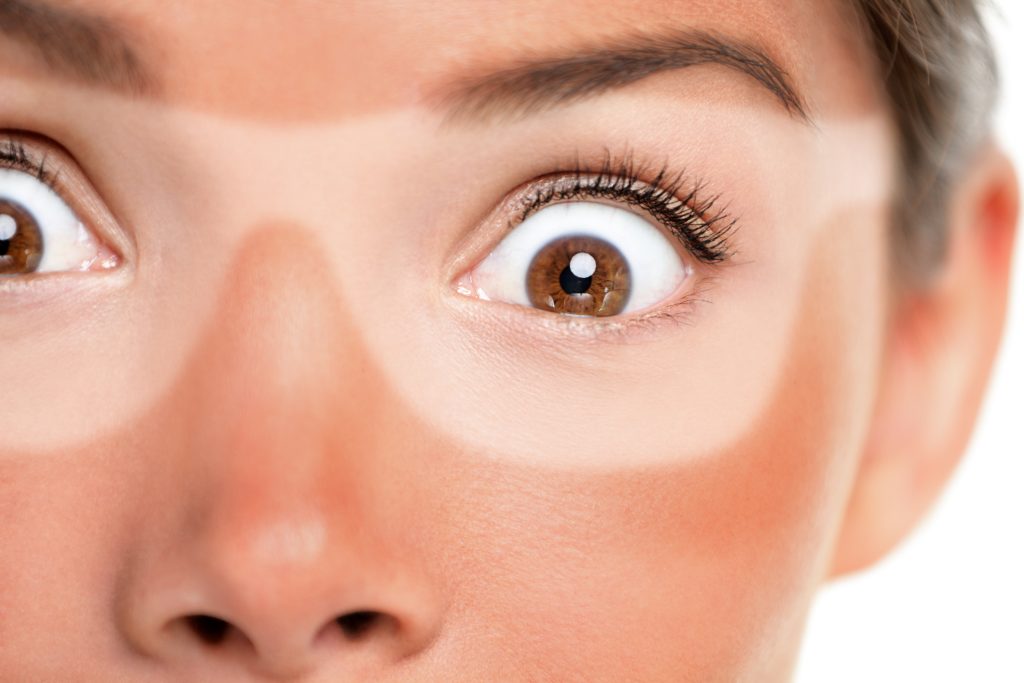
Recent research has revealed that most people make a common sunscreen mistake that can really take a toll on their skin’s health—take our quick quiz and see if you’re making it too!
FAQ
-
Where do I start with OnSkin?
Download the app and think of a product you’d like to know more about. Then, go to the main screen and choose how you’d like to get the info —by manually looking it up in the search bar, by scanning its barcode, or by simply taking a picture of the packaging. Once you’ve done any of these, you can see how safe the product is and if it suits your skin or hair (if this analysis is available).
-
What is Safety Rating, and how is it calculated?
In OnSkin, we base product rates on ingredients. Each is closely studied by our medical team and then evaluated. This way, each product gets a score from 0 to 100, with 100 as the safest level.
Safety Levels
- Excellent (76–100)
- Good (51–75)
- Not great (26–50)
- Bad (0–25)
These scores are backed by the latest scientific studies. You can find links to the resources we’ve used on each ingredient page. To assess the safety of product ingredients, we evaluate them according to the following parameters/criteria
- Endocrine disruption risk / Reproductive toxicity
Indicates the probability of mimicking, blocking, or interfering with the body hormones.
- Сarcinogenicity
Measures the potential risk of inducing cancer.
- Allergy risk
Estimates the probability of an allergic reaction.
- High concentration alert
Determines the risk of being unsafe in certain amounts.
-
What is Skin Match?
Based on the info you input about your skin type, age, skin care goal, and other “settings,” OnSkin checks how well a product is tailored to your unique skin needs — it’s basically like a dermatologist helping you find the right products, minus the fees and the long wait. The product you’re checking might be labeled as It’s a match!, Hit-or-miss, or Not a match for you. The app also detects ingredient groups such as Anti-acne, Anti-inflammatory, Moisturizes, May be drying, Comedogenic, and others — by tapping one, you see exactly what ingredients from this or that group are in the product.
-
I seem to have a problem with using the app. Who should I contact?
Please reach out to us at [email protected], and we’ll carefully look into your issue. Your ideas for improving the app are also very welcome!
-
Do you have an Android version?
Not yet! Hey Android users, we hear you, and we're thinking about making an Android version, but we haven't started the development yet.
Tracker Sent!
It’s on the way to your inbox.


